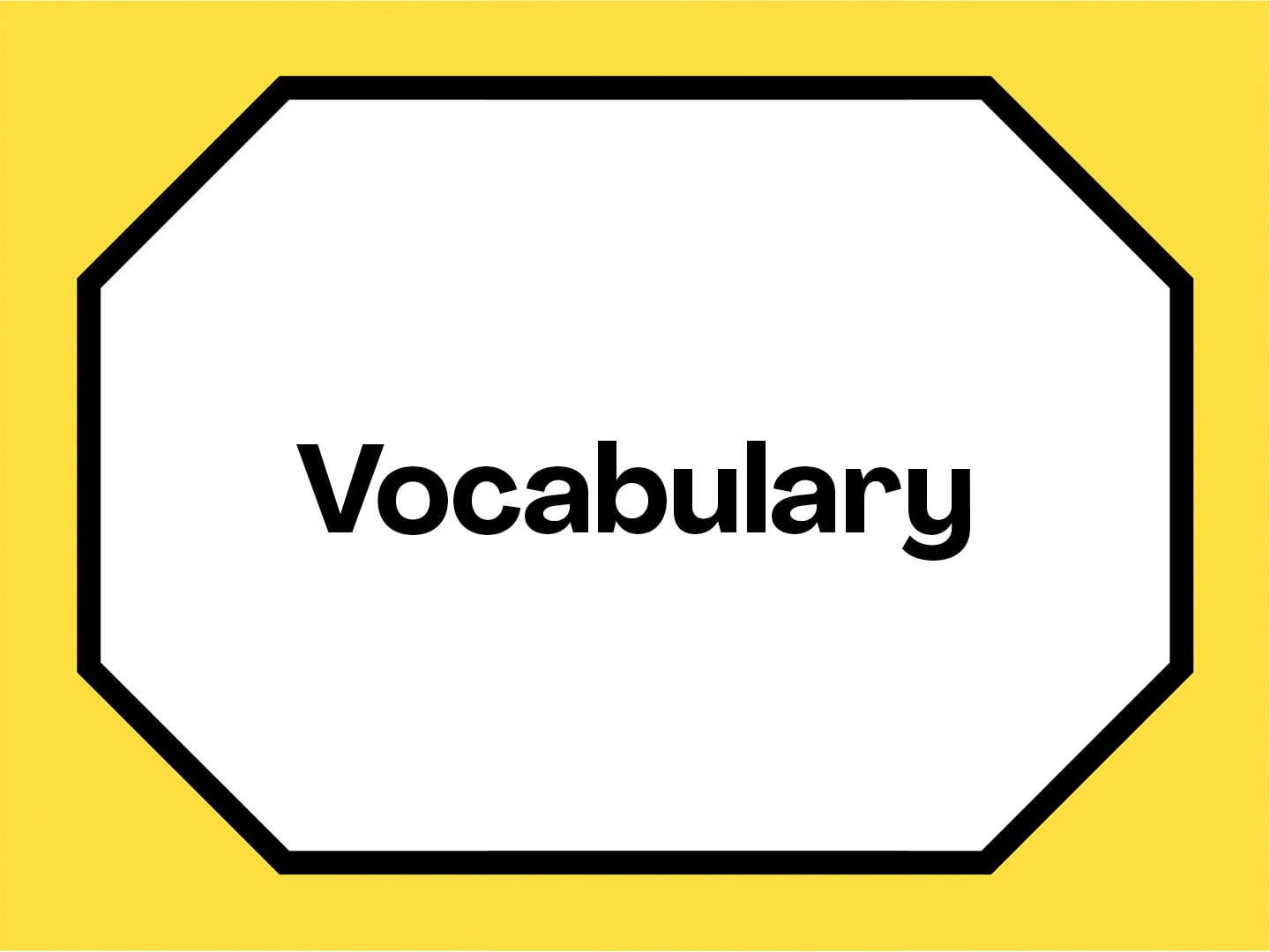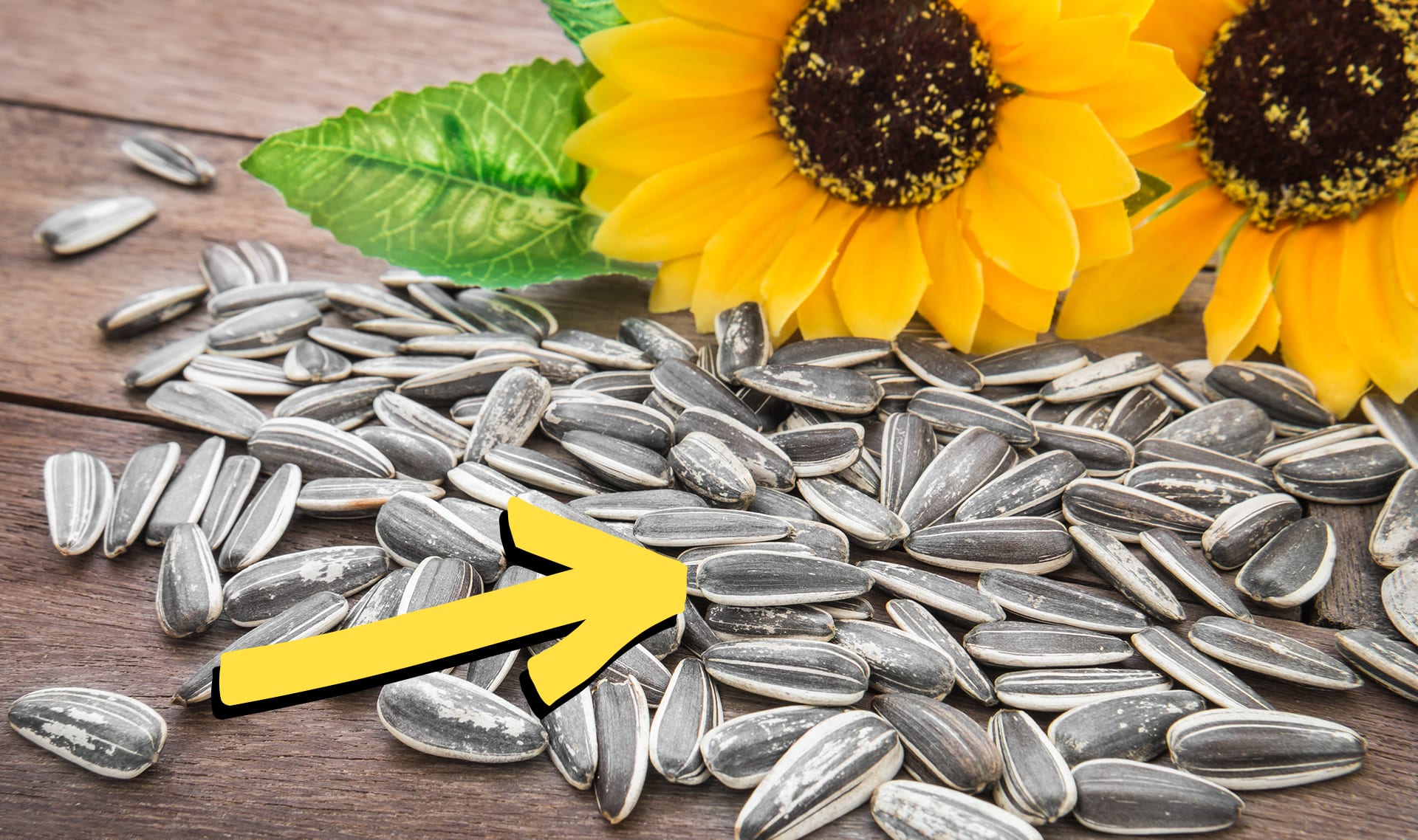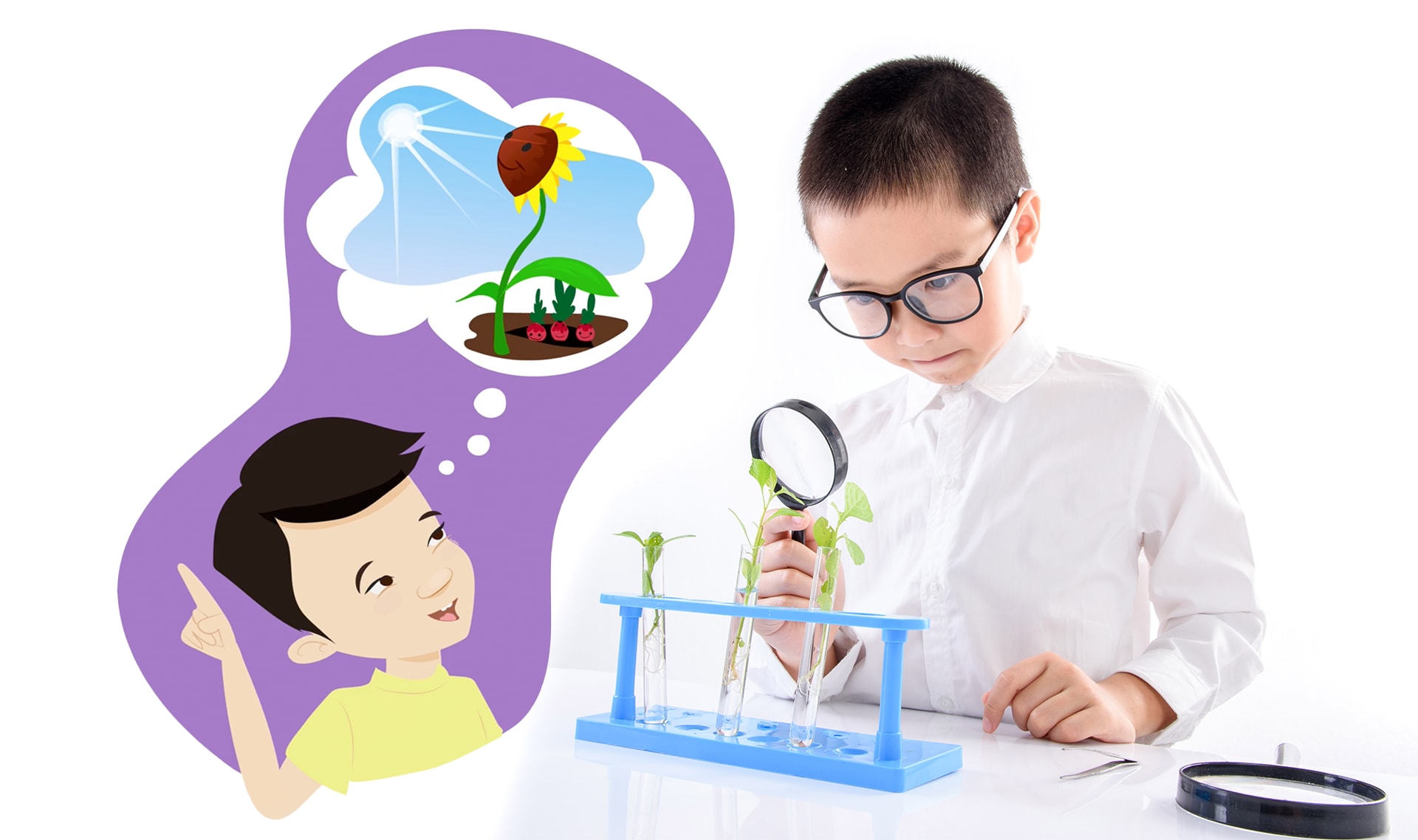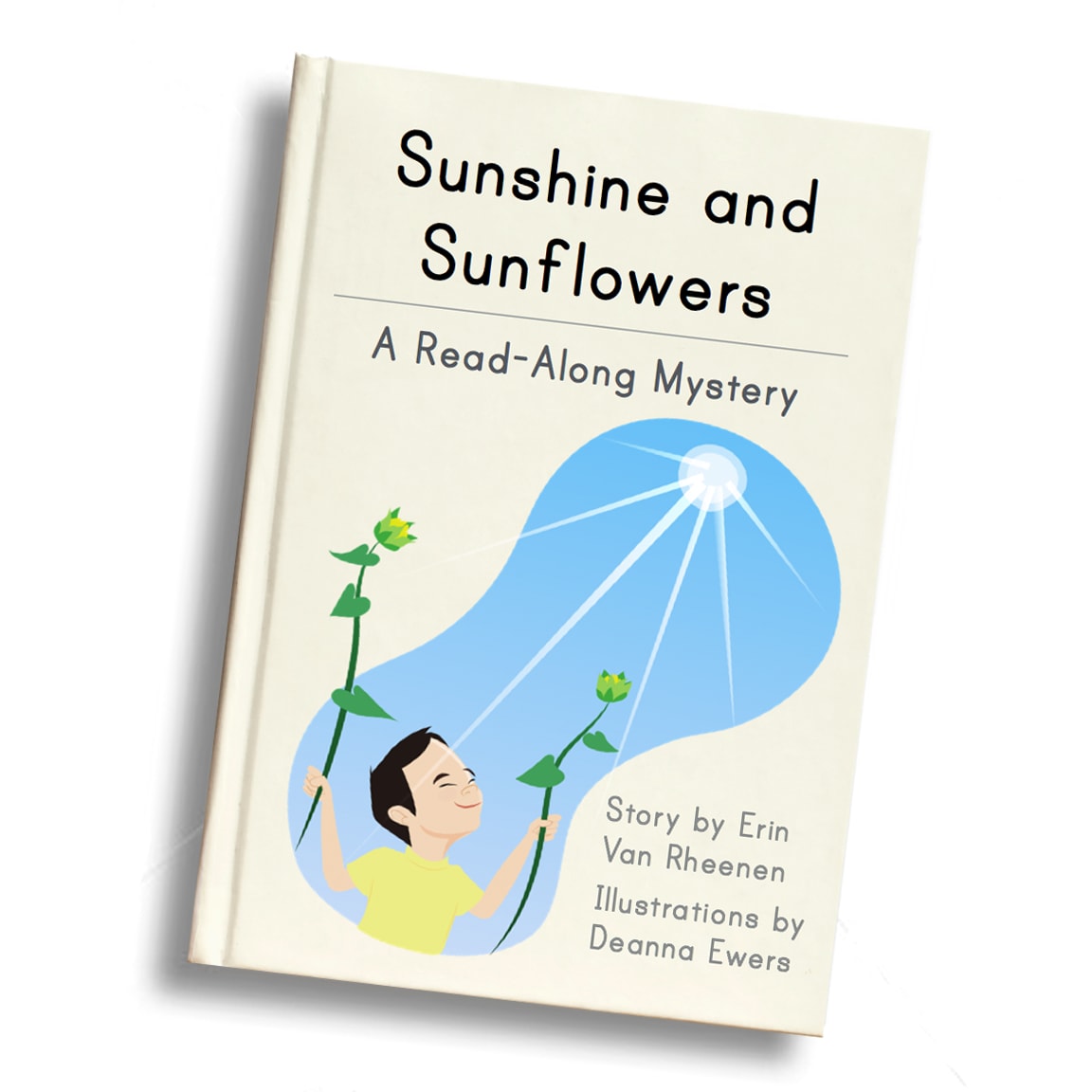





You may have been surprised to see the sunflowers in the video bending to face the sun. Plants move much more slowly than people do, so you have to watch over time to see that a plant has reacted to a change. With this simple experiment, you will be able to see for yourself how plants turn to face the light.
Your teacher has set up a plant in the classroom. Look at the plant carefully and notice the direction that its stem (or stems) are growing.
DISCUSS:
Are the stems pointing straight up? Do they lean to one side?
Next, your teacher will put the plant inside of a box, placing it as far from the hole as possible. The plant should be placed so it leans away from the hole, then the box should be closed.
DISCUSS:
What do think will happen? Think about how the sunflowers responded to sunlight.
Your teacher will water the plant regularly. Each time they do, look at the plant’s stem.
DISCUSS:
Are there any changes?


seed




